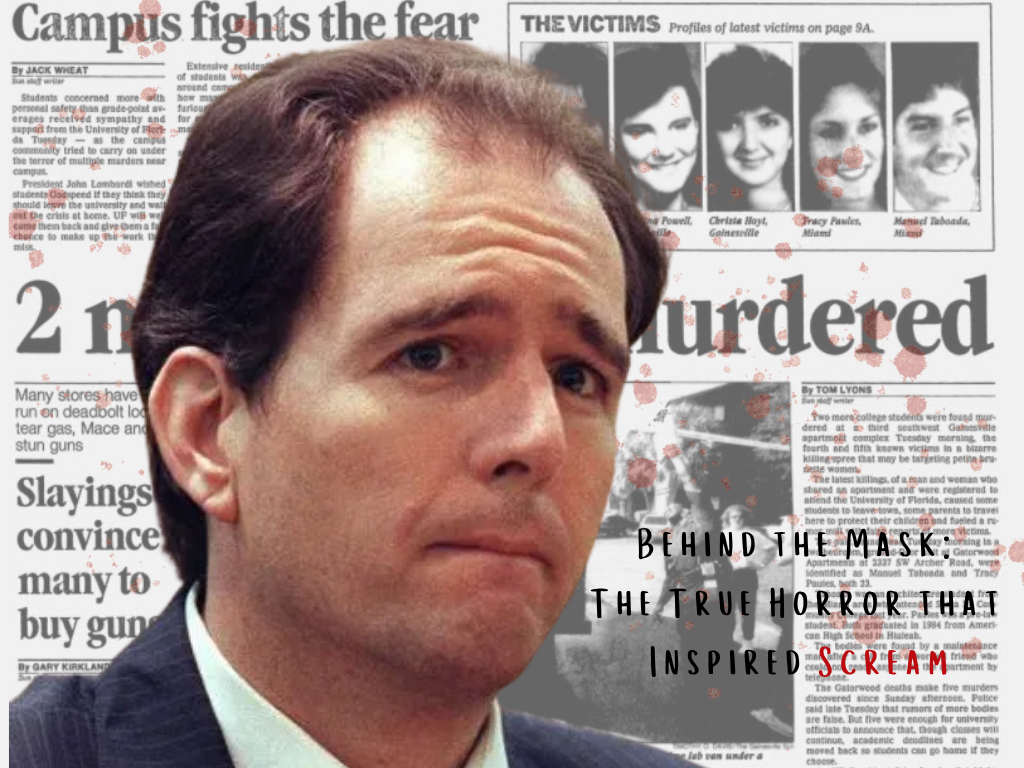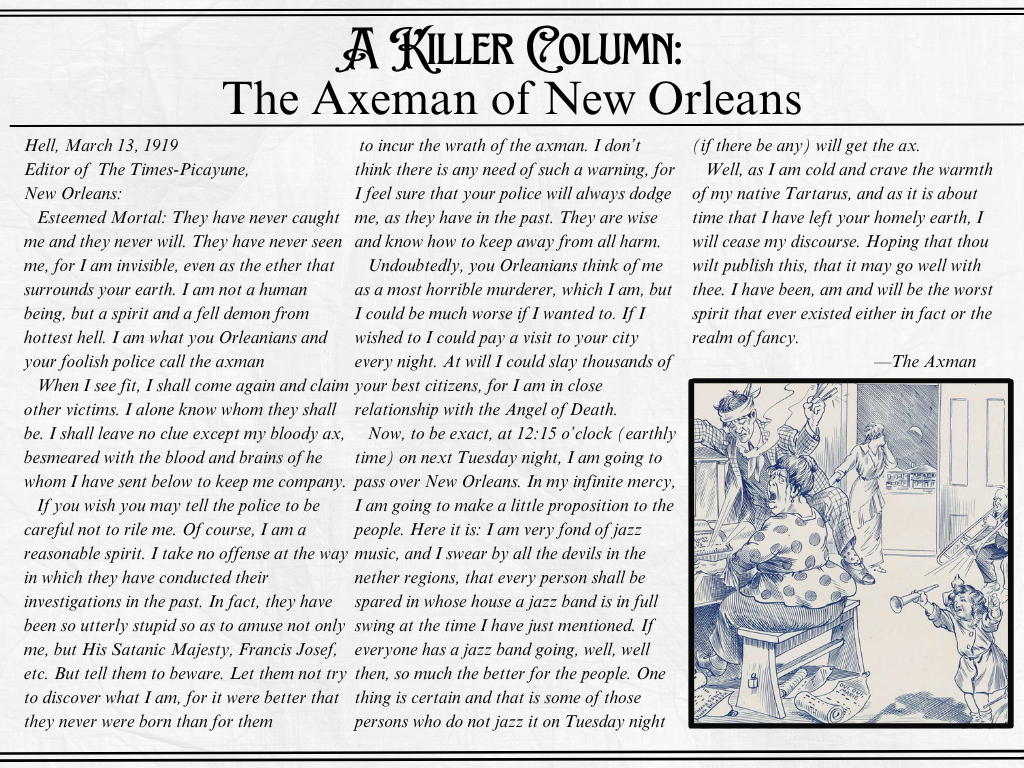Mary Adams, associate professor of English, presented the second lecture in the Pink Bag Series, “Women in The Developing World”. It was focused on India, Nigeria and Saudi Arabia but also included women’s educational rights in the United States and the conditions of boys forced into child marriage.
Boko Haram, which translates to “western education is forbidden or unclaimed” in Hasua, is particularly concerned with girls’ education in Nigeria. Nigerian parents fear to send their daughters to school for their security.
Around 42 percent of Nigerian girls marry before 18 and 17 percent marry before 15. Even though this statistic varies regionally, education is a strong deciding factor. 82 percent of illiterate girls marry before 18.
Adams’ mother, who was restricted from going to college, got her license when Adams was in elementary school.
“I think because I come from a rural community where women had less freedom, even in the 20th century, I feel more empathy for what I see in other countries. Yes, what’s in the history book, women got rights a long time ago in the United States. But in not all the communities were they allowed to exercise those rights. Like other countries, the US is on a progression,” says Dr. Adams.
Saudi Arabia has only 67 licensed women law practitioners, even though the country gave the rights for it in 2013. This may be due to their practice of not allowing men and women to work in the same space. “Progress can take a while as businesses themselves will have to set up an arrangement where men and women wouldn’t be in the same room but be able to see each other,” says Dr. Adams.
Child marriage in India happens because of the generations long ongoing traditions, gender roles which deem girls as their husbands’ properties, poverty and security. According to Dr. Adams, “one of the dangerous things is saying ‘that’s just how it is’.” Some Indians think their daughter’s security is her husband’s responsibility so marrying her early will lessen the burden of her security.
“Other countries look to us as a beacon of standards. But they’re not trying to emulate what we do, necessarily. Tradition (relating to child marriage) in rural parts is of most importance. But, people protesting against it know that we (United States) don’t practice child marriage here and they look to it as inspirations,” says Dr. Adams.
Brandee Wright, a Pre- Pharmacy freshmen, says, “I didn’t think it was this real, that people today were still struggling for equal gender roles. The lecture really emphasized it. I am starting to think that I am a feminist.”





